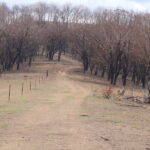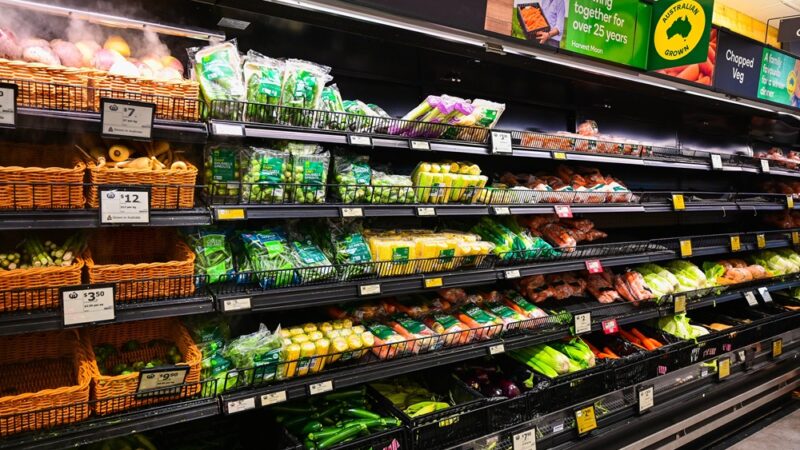NSW Farmers is inviting all farmers hit by the 2019/2020 bushfires to fill in a…
Westpac survey reveals happy farmers
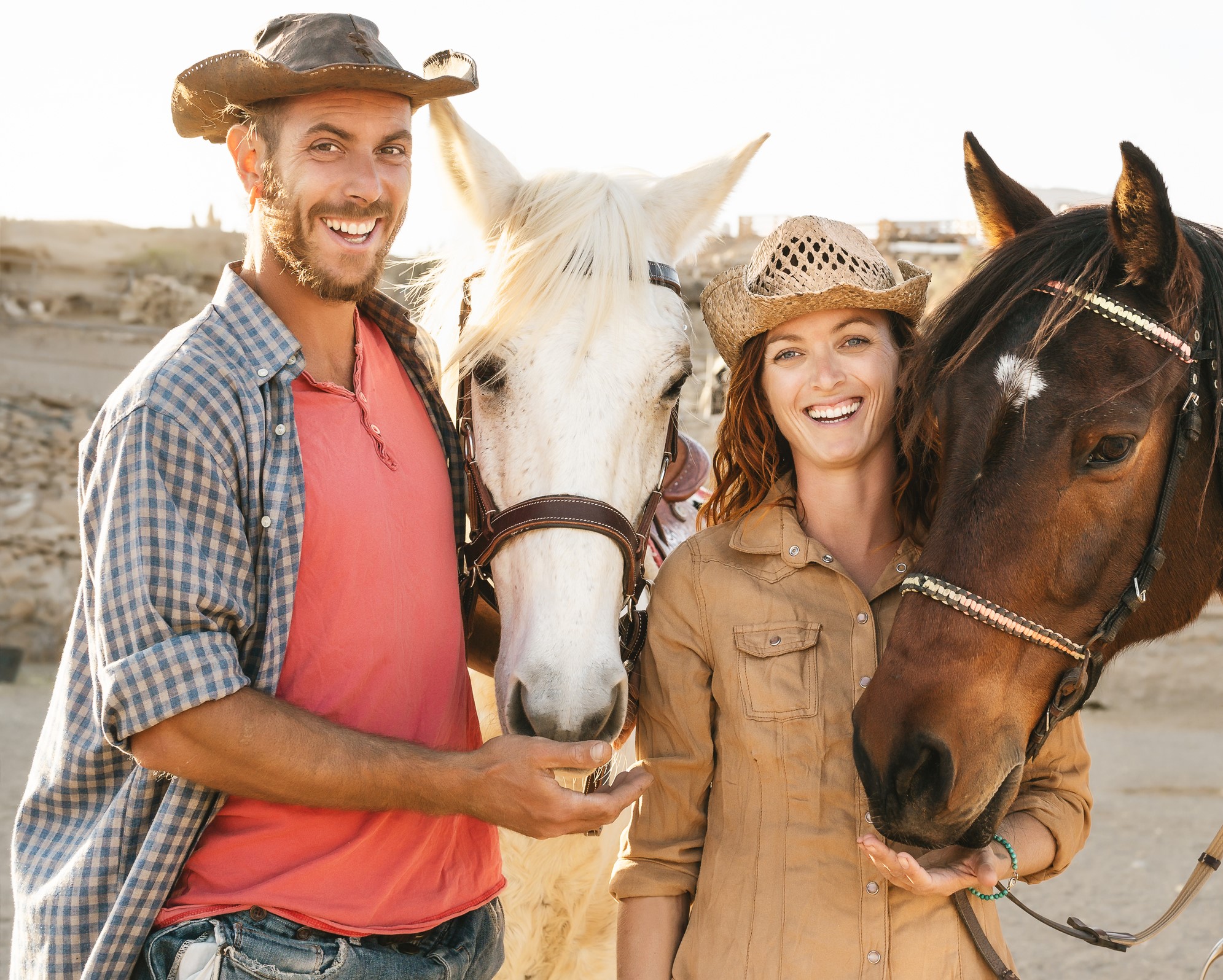
A Westpac agribusiness report into intergenerational farming has revealed more than three quarters of farmers are happy about the future of farming.
The Agribusiness: Intergenerational Farming Report is based on a survey of 405 Australian farmers, more than 70 per cent of which said they were making more money than they were 10 years ago.
South Australian (coming in at 82 per cent) farmers experienced the largest increase in physical farm size over the last ten years compared to 60 per cent in NSW. Tasmania and the Northern Territory had the highest percentage of profitable farms at 94 per cent and 88 per cent respectively, compared to 73 per cent in NSW.
The ABARES September quarter Agricultural Commodities Report also puts farmers in a happy place. It forecast agricultural export earnings to climb to a record $70.3 billion for 2022-23 – almost 50 per cent more than what it was 10 years ago after accounting for inflation.
“Despite significant challenges facing our regions across the country including severe weather and COVID-19, our research shows strong sentiment and opportunities for farmers of all generations,” said Peta Ward, Westpac’s National General Manager, Regional & Agribusiness.
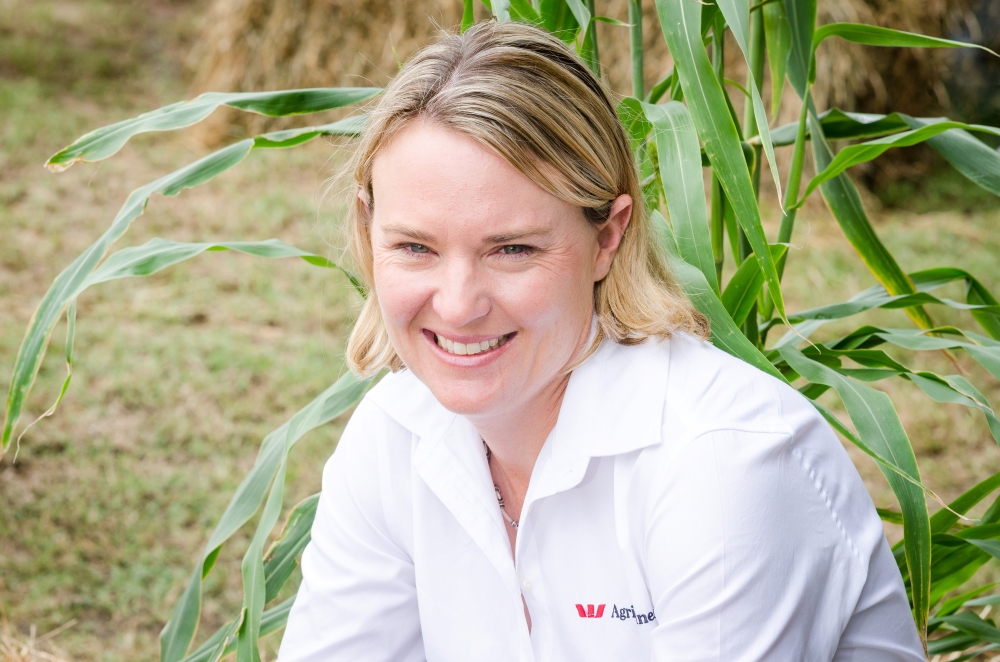
Ms Ward said more than 70 per cent of the farmers surveyed saw unlimited opportunities ahead for younger generations in their family businesses.
“We’re seeing farmers continue to upskill and invest in both technology and machinery to help improve efficiencies and work smarter.”
Peta Ward, Westpac’s National General Manager, Regional & Agribusiness.
“We are experiencing strong demand for credit, not only for purchasing farmland but for equipment and property improvements, so combined with high levels of savings during the pandemic, farmers and industry confidence is sky high.
We’ve got, in most areas, favourable seasonal conditions – pretty much all of our water storages are full. We’ve also got strong commodity prices right across the board and there’s massive demand for Australian produce, both domestically – where Australian farmers provide 90 per cent of the food that’s consumed – and on the export markets.”
Despite the overwhelming positivity, Ms Ward admits notable sector headwinds still exist.
“At the moment, it’s input costs which are surging; interest rates are up; and the ongoing supply chain disruptions since COVID are affecting the availability of machinery – it can be a wait of up to two years for a new sprayer or tractor.”
Connected with communities
Confirming farmers feel they are in a good place, 80 per cent reported having a strong sense of connectedness to their local communities.
The report confirmed that they are and have always been community champions, who get involved in the life of their town or village, supporting local businesses or helping run the football club or local show.
While economic growth is important, belonging is key, says Westpac’s Director of Climate and Rural Engagement Steve Hannan.
“Farmers are very parochial and passionate. The most important part of their town is the main street. They want to go in there in the morning and get a coffee, a sausage roll, and catch up with other locals. That’s important to wellbeing,” Mr Hannan said.
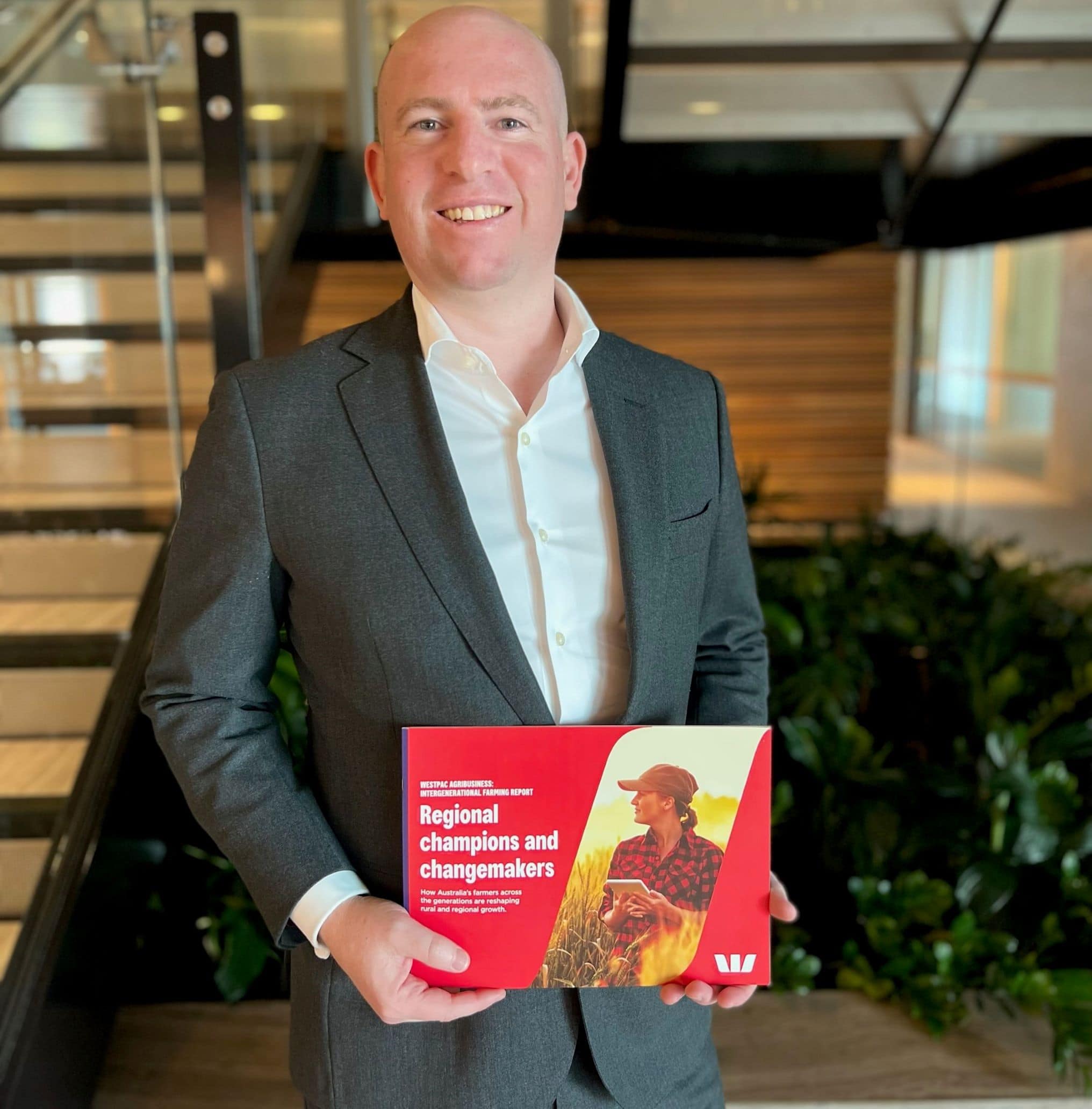
Mr Hannan says when farmers face challenges, it’s that connectivity that always comes up trumps.
“One of the big challenges at the moment is finding a workforce. If you don’t have good community, how do you attract them? Having family and a strong social circle creates huge value.”
Water and infrastructure matter most
Securing reliable access to water and critical infrastructure spending for telecommunications, road and rail is what matters most to farmers.
Around 20 per cent of farmers surveyed wanted investment in better health, education, sporting and recreational facilities while 17 per cent rated investment in research and development. Support to transition to the net zero economy was at the bottom of the list.
But like all business owners, farmers will have to factor in government net zero aspirations.
Significant parcels of rural land will be consumed for the power transmission projects that need to be built over the next decade to keep pace with the renewable energy transition. Governments are also incentivising methane reduction and carbon farming and electrifying transport.
“I spend about a third of my time with farmers talking about environment,” said Mr Hannan.
“They recognise their role as custodians of the land and a healthy soil. Everyone gets it, male, female, young and old.”
We have blocks of land being bought for battery stations and we know future transportation will be electric not diesel. There’s a lot of great ideas out there and we have to stay with fact-based thinking.”
The NSW Farmers Annual Conference also reflected an upbeat Ag sector in NSW. Read more here.


